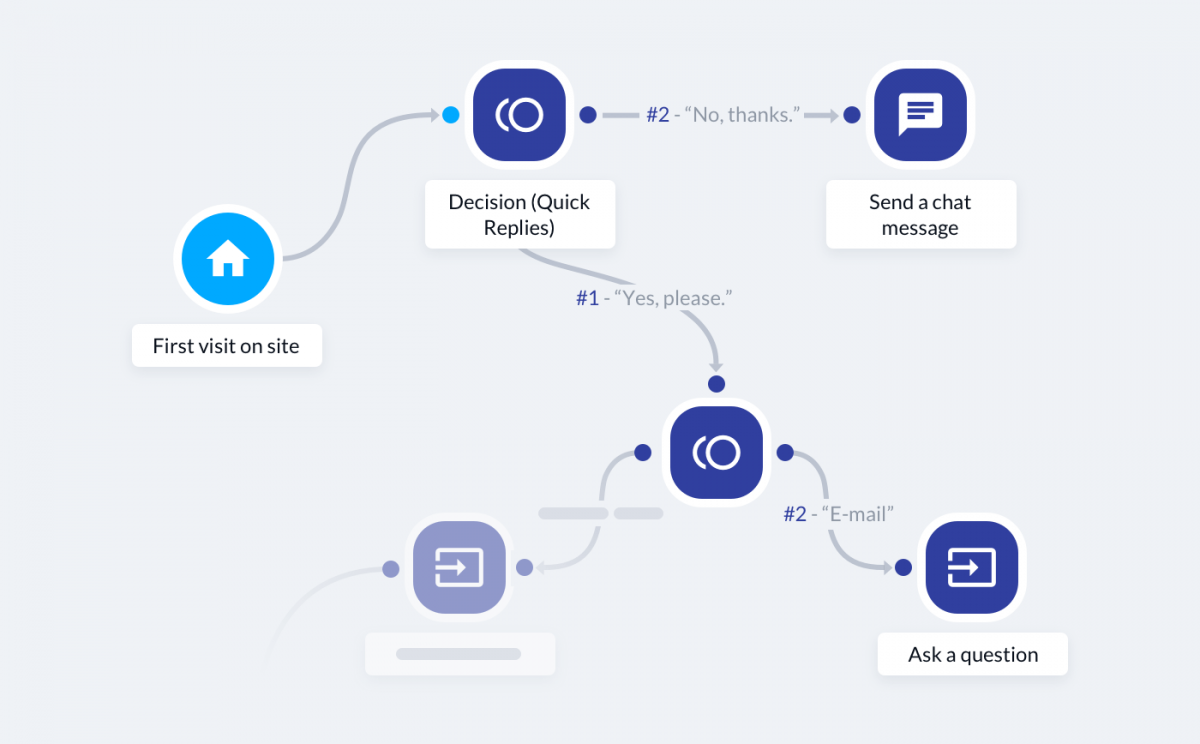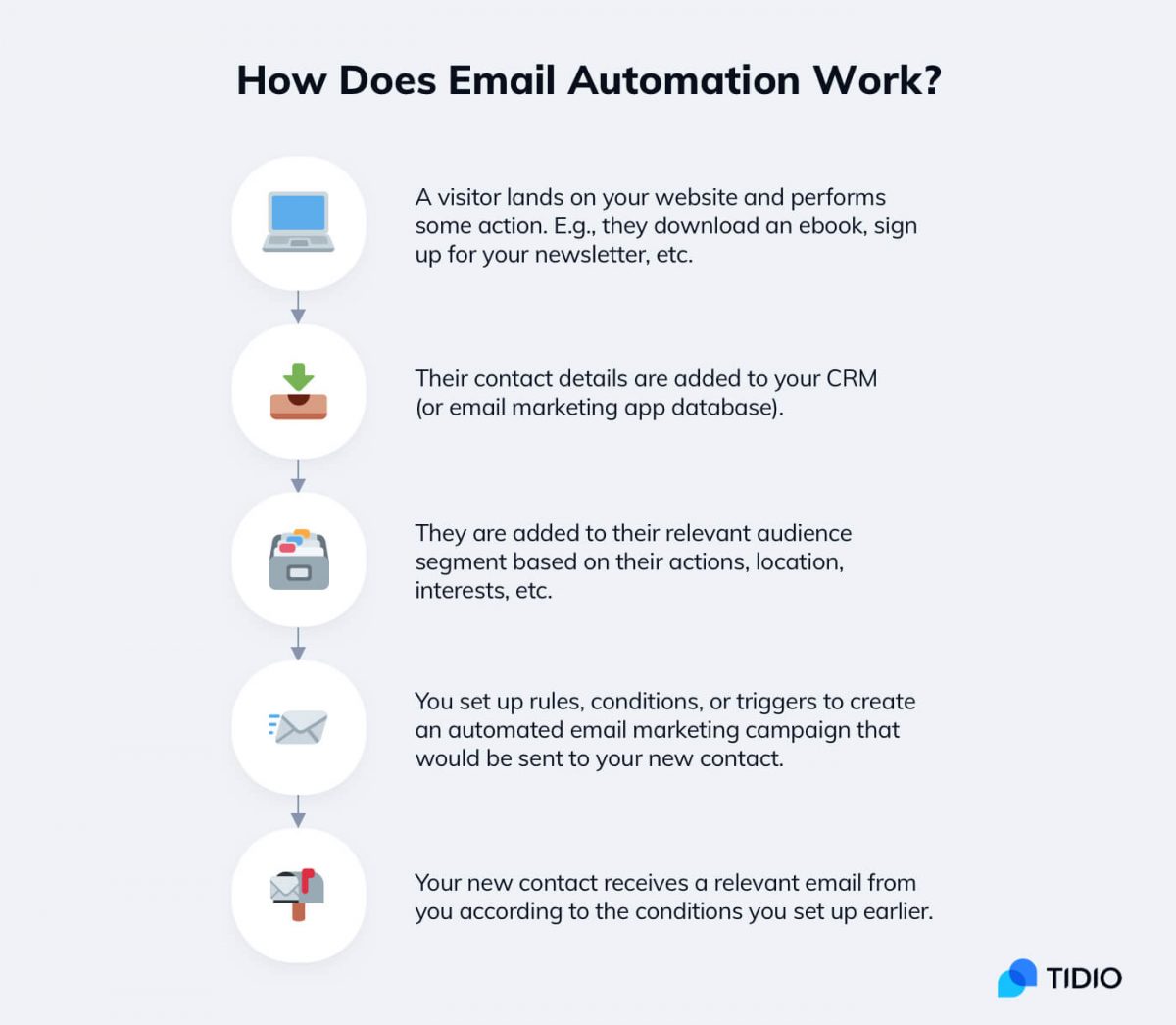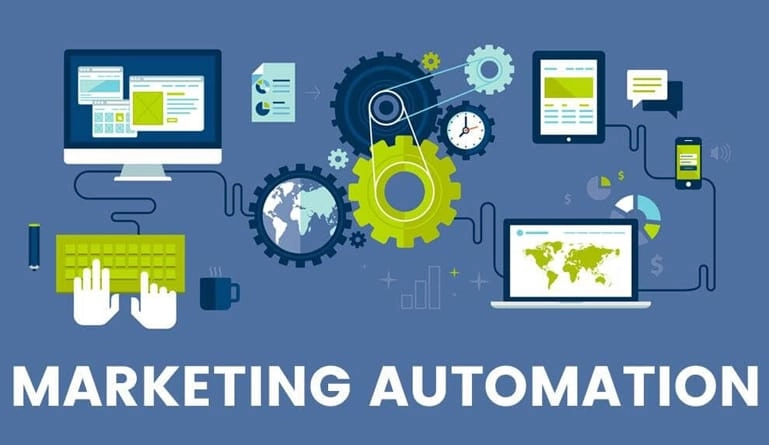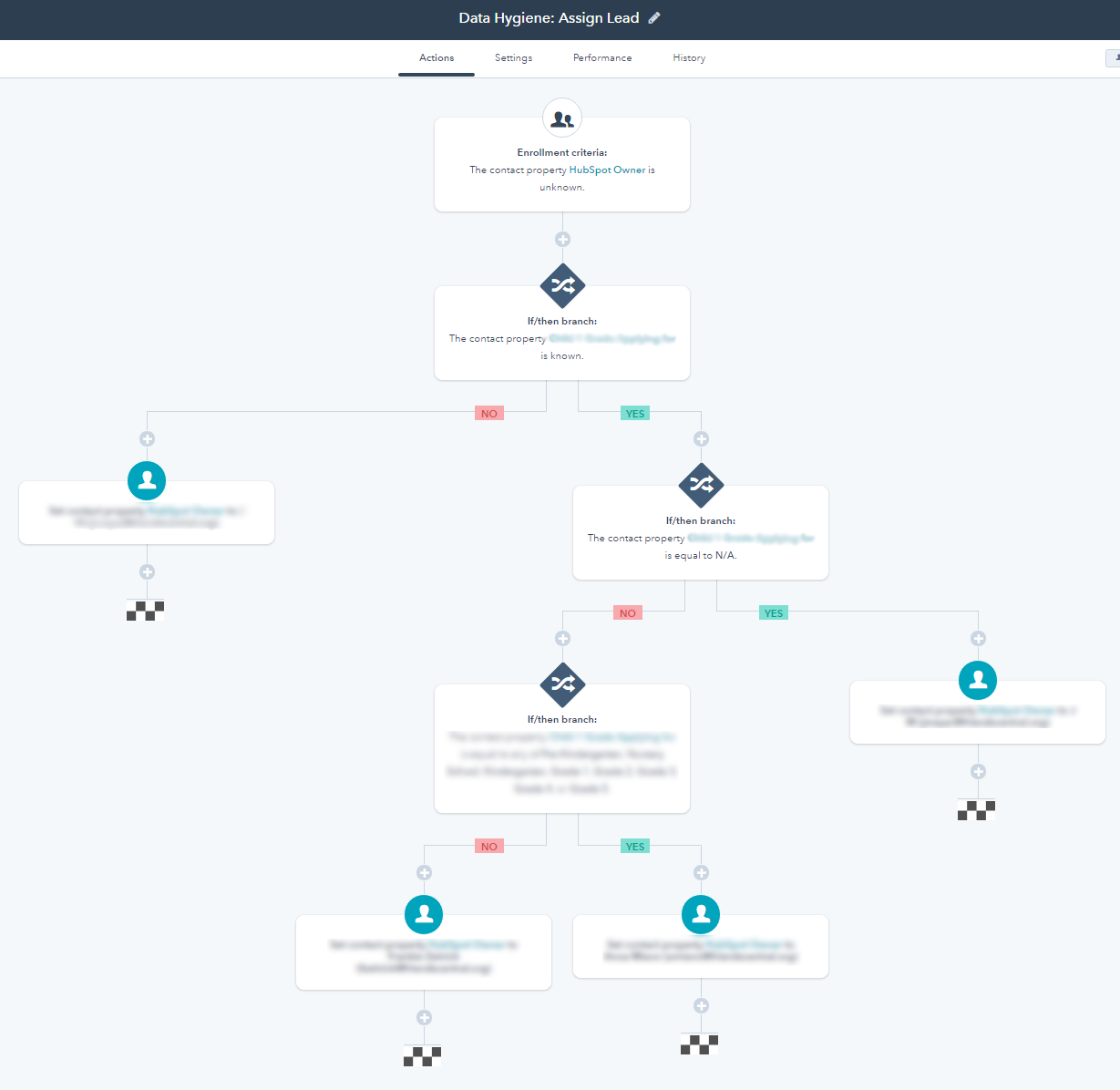Marketing automation tools have rapidly evolved from a niche concept to a core component of many businesses’ marketing strategies. They’re no longer just a luxury; they’re increasingly essential for streamlining processes, improving efficiency, and ultimately, driving revenue growth. Understanding what these tools are, how they work, and which ones are right for your business is crucial in today’s competitive landscape. This article will delve into the world of marketing automation tools, providing a comprehensive overview of their benefits, features, and key considerations. Let’s explore how these tools can transform your marketing efforts.

The Rise of Marketing Automation

For years, marketers relied on manual processes – email blasts, spreadsheet-based campaigns, and disparate platforms – to reach their target audiences. These methods were often inefficient, difficult to scale, and lacked the ability to personalize interactions at scale. The advent of digital marketing and the explosion of customer data created a demand for more sophisticated, data-driven approaches. This is where marketing automation tools stepped in, offering a centralized platform to manage and automate a wide range of marketing tasks. The shift towards personalized experiences and targeted campaigns has been fueled by the ability to track customer behavior, segment audiences, and deliver relevant content at the right time. The initial reluctance to adopt these tools often stemmed from concerns about complexity and cost, but the benefits are now undeniable.

What are Marketing Automation Tools?
At their core, marketing automation tools are software platforms designed to automate repetitive marketing tasks. They go beyond simple email marketing by incorporating workflows, triggers, and integrations to nurture leads, personalize communications, and optimize campaigns across multiple channels. These tools aren’t just about sending emails; they’re about creating a continuous, automated customer journey. They’re built on principles of inbound marketing, focusing on attracting and engaging potential customers through valuable content and personalized experiences. The key is to move beyond simply broadcasting messages and instead, to proactively engage with your audience based on their actions and preferences.

Key Features of Marketing Automation Tools
Several key features distinguish marketing automation tools from traditional marketing platforms. Here’s a breakdown of some of the most important ones:

- Email Marketing Automation: This is often the foundation of many marketing automation strategies. Tools allow you to create automated email sequences triggered by specific actions, such as website visits, form submissions, or abandoned cart purchases. Features include dynamic content, personalized subject lines, and A/B testing to optimize email performance.
- Lead Scoring: Lead scoring systems automatically categorize leads based on their likelihood to convert. This allows sales teams to prioritize their efforts and focus on the most promising prospects. The tool tracks engagement metrics and assigns points to each lead based on their behavior.
- Workflow Automation: Workflow automation allows you to create automated processes that trigger actions based on specific events. For example, a workflow could automatically send a welcome email to new subscribers, trigger a follow-up email when a lead abandons a form, or update a contact record when a customer makes a purchase.
- Social Media Management: Many tools integrate with social media platforms, allowing you to schedule posts, monitor brand mentions, and engage with followers. They often provide analytics to track social media performance and identify trends.
- CRM Integration: Seamless integration with Customer Relationship Management (CRM) systems is crucial for a truly effective marketing automation strategy. CRM data is fed into the automation platform, providing a 360-degree view of the customer and enabling personalized interactions.
- Landing Page Builder: Creating effective landing pages is essential for capturing leads and driving conversions. Many automation tools include landing page builders that allow you to design and deploy landing pages quickly and easily.
Popular Marketing Automation Tools – A Quick Comparison
Several reputable marketing automation tools are available, each with its own strengths and weaknesses. Here’s a brief overview of some popular options:

- HubSpot: A widely used platform known for its comprehensive suite of marketing, sales, and service tools. It’s particularly strong for inbound marketing and offers a generous free plan.
- Mailchimp: A popular choice for small and medium-sized businesses, Mailchimp is known for its ease of use and affordability.
- ActiveCampaign: A robust platform with advanced features, including segmentation, personalization, and workflow automation.
- Sendinblue: Offers a range of email marketing, SMS marketing, and chat features, all within a single platform.
- Marketo Engage (Adobe): A powerful platform geared towards larger enterprises with complex marketing needs.
The Benefits of Implementing Marketing Automation
The adoption of marketing automation tools offers a multitude of benefits for businesses of all sizes. Here are some key advantages:

- Increased Lead Generation: Automated lead capture and nurturing processes significantly improve lead quality and conversion rates.
- Improved Sales Efficiency: Sales teams can focus on high-potential leads, reducing wasted time and effort.
- Enhanced Customer Engagement: Personalized communications and targeted offers keep customers engaged and loyal.
- Better Customer Service: Automated responses and proactive support improve customer satisfaction.
- Data-Driven Insights: Marketing automation tools provide valuable data and analytics to track campaign performance and optimize strategies.
- Scalability: As your business grows, marketing automation tools can easily scale to accommodate increased demand.
Challenges and Considerations
While marketing automation offers tremendous potential, it’s important to be aware of potential challenges:

- Implementation Complexity: Setting up and configuring marketing automation tools can be complex, requiring technical expertise.
- Cost: Marketing automation tools can be expensive, particularly as you scale your efforts.
- Data Privacy: It’s crucial to comply with data privacy regulations like GDPR and CCPA when collecting and using customer data.
- Lack of Personalization: If not implemented correctly, automation can feel impersonal and robotic. Focus on delivering relevant content based on individual customer behavior.
- Over-Automation: Avoid automating tasks that don’t add value. Human touch remains essential.
The Future of Marketing Automation
The field of marketing automation is constantly evolving. We’re seeing an increasing focus on artificial intelligence (AI) and machine learning (ML) to personalize experiences and optimize campaigns even further. Predictive analytics are becoming increasingly sophisticated, allowing tools to anticipate customer needs and proactively offer relevant content. Chatbots are becoming more prevalent, providing instant customer support and gathering valuable data. The trend is towards a more seamless, integrated, and personalized customer journey. Expect to see even more sophisticated features and capabilities emerge in the coming years, further enhancing the effectiveness of marketing automation.
Conclusion
Marketing automation tools have fundamentally changed the way businesses approach marketing. They’re no longer a niche technology but a critical component of a successful marketing strategy. By understanding the benefits, features, and challenges of these tools, businesses can leverage them to improve lead generation, enhance customer engagement, and drive revenue growth. Choosing the right tool and implementing it effectively requires careful planning and ongoing optimization. As technology continues to advance, marketing automation will undoubtedly play an even more significant role in shaping the future of marketing. Remember to consistently monitor your results and adapt your strategy as needed to maximize your return on investment.
